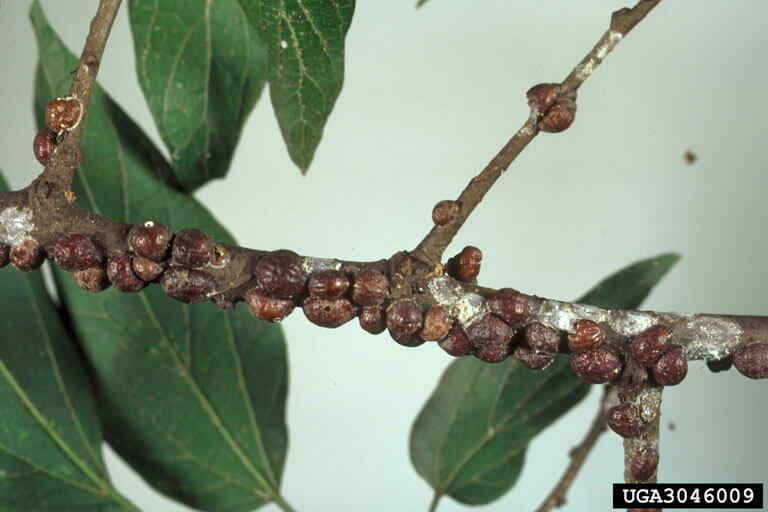
Jan 18, 2018 | Garden Care, Pest Control
Some unwanted insects and mites survive the winter on the bark of trees and shrubs. In Harmony applies dormant oils as needed in winter to manage these pests. We use dormant oils to control soft-bodied pests such as scales, mites and aphids. Oils are commonly used on...
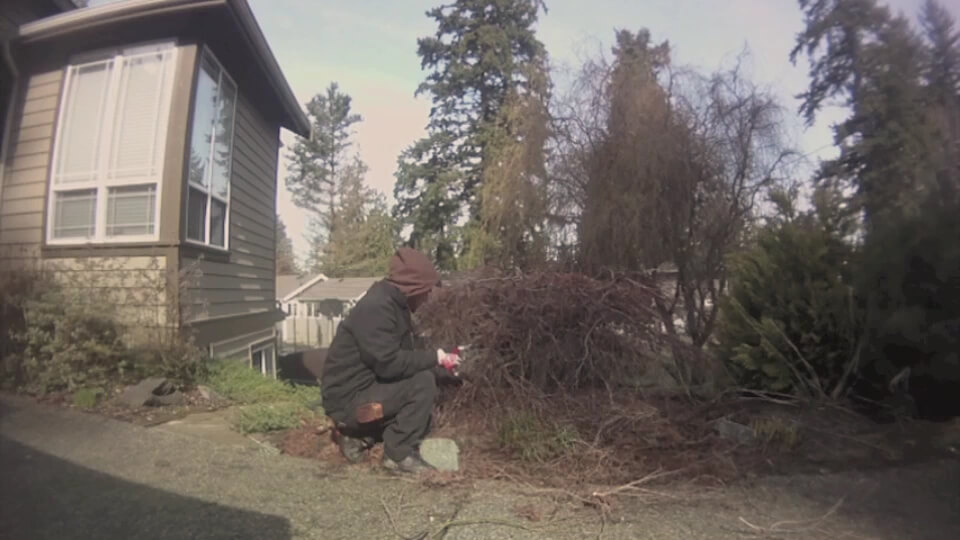
Nov 28, 2017 | Garden Care, Video
Winter is a great time to do structural pruning. Since the leaves are gone, you can easily see the plant’s branching structure. It is also easier to detect damaged and diseased branches. The plants are dormant, so diseases and insects that can invade pruning...

Nov 14, 2017 | Disease Control, Eco-friendly Gardening, Garden Care, Video
We are now applying effective microorganisms to our clients’ trees and shrubs. This is a mixture of beneficial bacteria and beneficial fungi. It builds biological activity in soils, helping your plants to stay healthy. This video explains what EM is, what it...
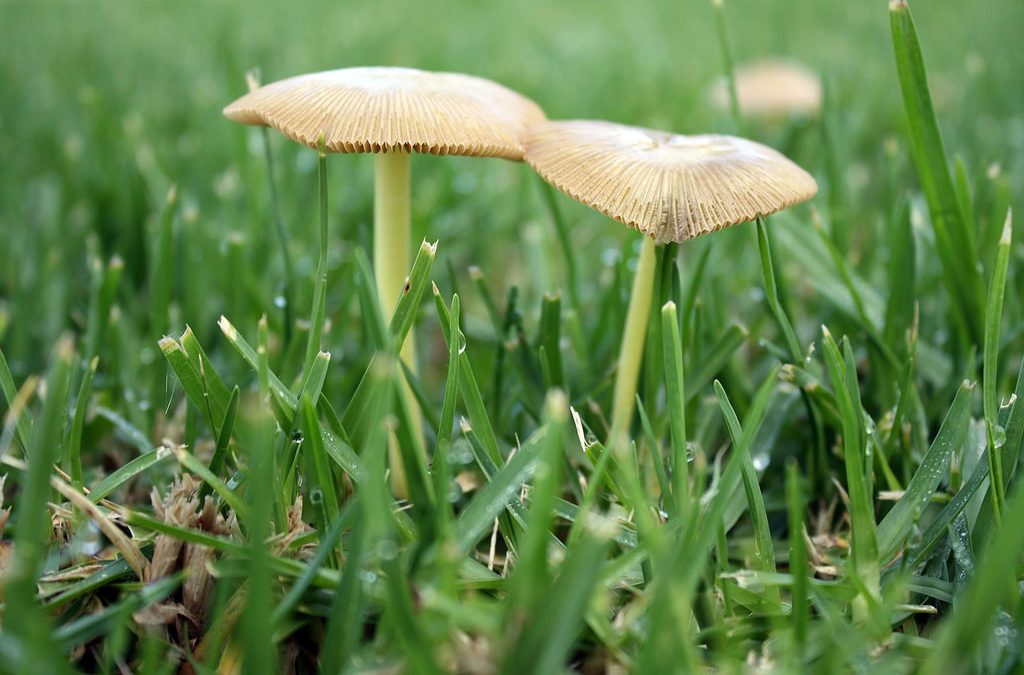
Oct 31, 2017 | Garden Care, Lawn Care
At this time of year, clients often ask us about mushrooms that have sprouted in their lawn or garden beds. Since this is a common problem, we are updating and reposting a blog post from last year. Should you be concerned? In most cases, the mushrooms are completely...

Oct 24, 2017 | Eco-friendly Gardening, Garden Care, Landscape Design
Autumn is a great time to evaluate your landscape. How did it react to the lengthy, dry weather we had this past summer? Autumn is also a great time to get your garden ready for the winter rains. The steps you take now can also help to make your landscape more...
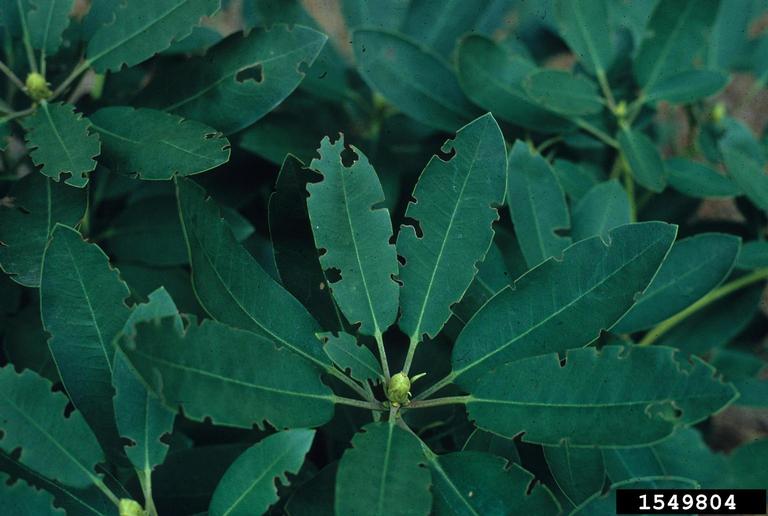
Oct 17, 2017 | Garden Care
Have you seen notching along the edges of leaves on your rhododendrons, azaleas or other broadleaf evergreens? It is likely damage from root weevils. There are several kinds of root weevils. Three different types of root weevils chew on evergreen shrubs. In addition...
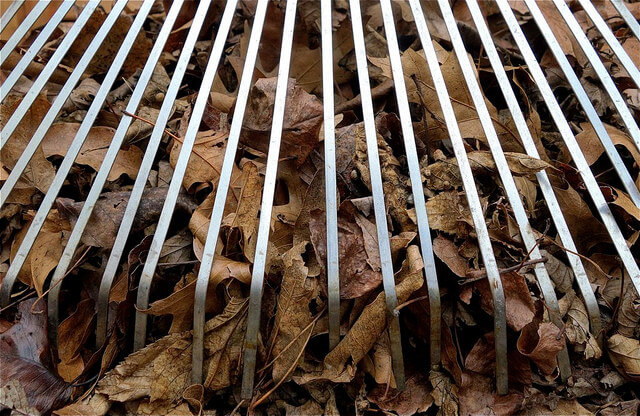
Oct 10, 2017 | Garden Care
October is a great time to clean up your garden and landscape. You can take a number of steps now that will help make your plants healthier and your yard easier to care for next year. Garden cleanup 1: Leaves on your lawn Leaves, especially wet leaves, can thin your...
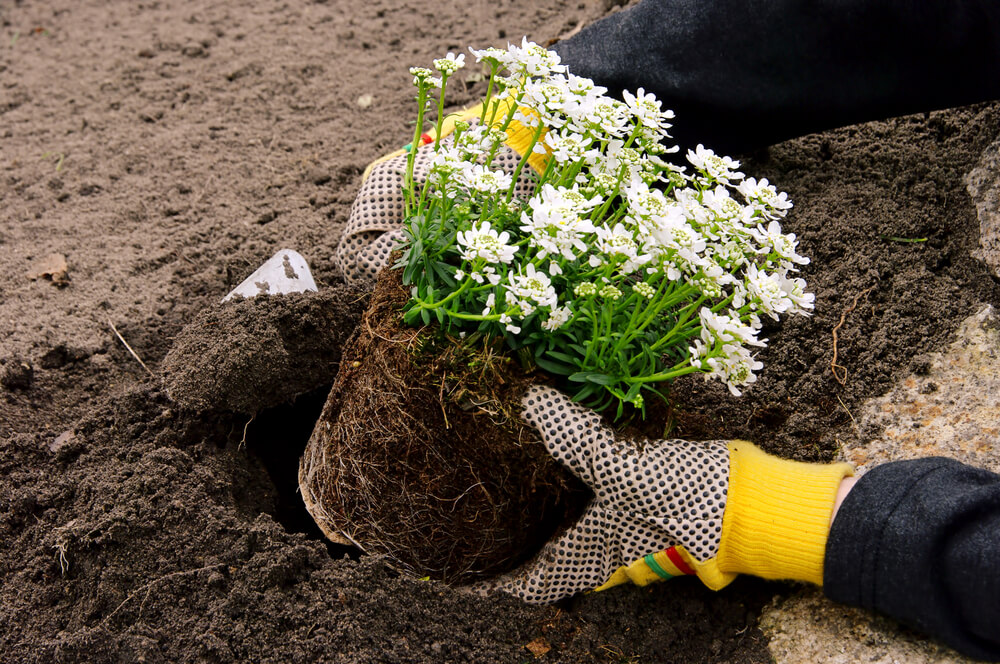
Sep 26, 2017 | Garden Care
Fall is great time to choose new trees, shrubs and perennials and put them in the ground. There are several reasons to plant in fall instead of spring. Many people plant in late spring and summer. However, plants that go into the ground then may not look as good...
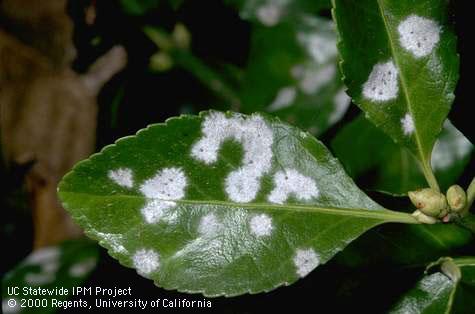
Aug 10, 2017 | Disease Control, Garden Care
Powdery mildew is a common disease in western Washington. Late summer and fall are prime times for powdery mildew to show up. The disease does best when damp nights are followed by warm, sunny days. There are many different species of powdery mildew, and each species...
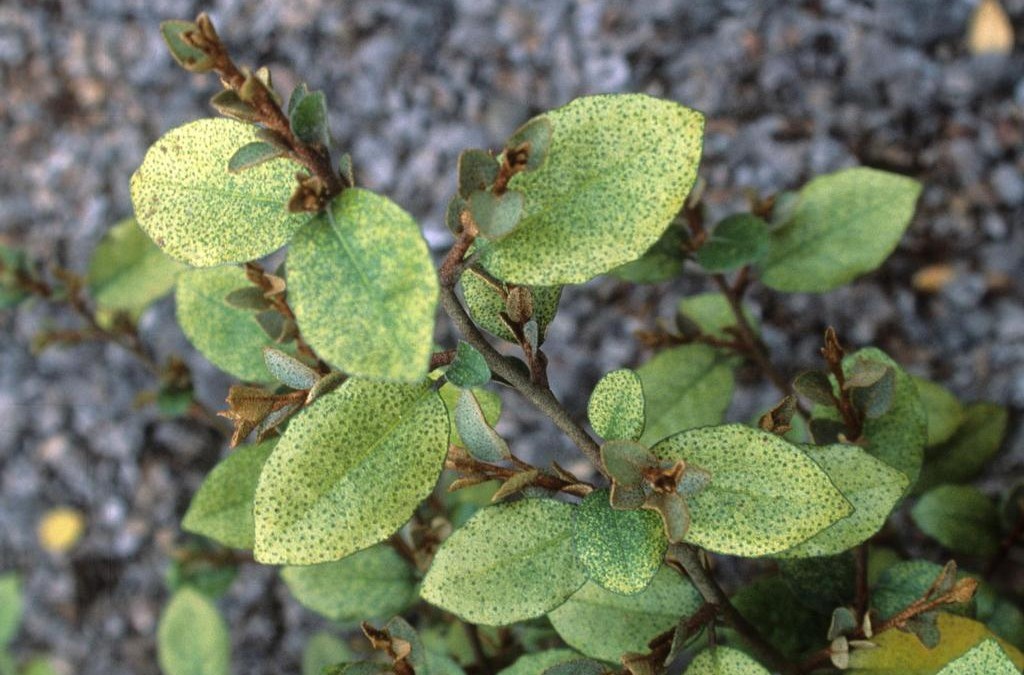
Aug 1, 2017 | Garden Care, Pest Control
Hot, dry weather is tough on plants. Plants under water stress are highly susceptible to pest damage. A common pest in landscapes and gardens is spider mites. Spider mites damage plants by sucking juice from the underside of leaves. Unfortunately, they are often not...
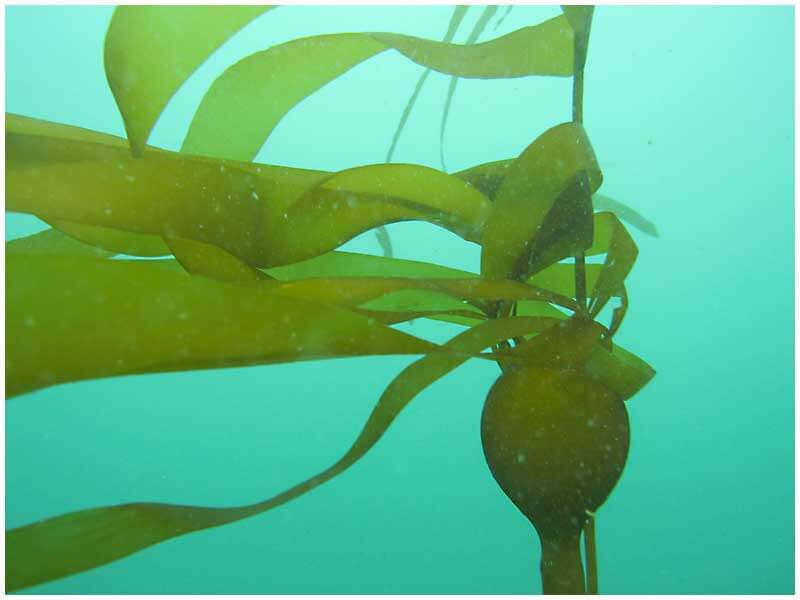
Jul 11, 2017 | Garden Care
Kelp, a plant from the sea, is a great way to improve your land-based garden. The ocean’s garden contains many elements that terrestrial plants require to flourish. Sea kelp can contain more than 70 vitamins, minerals and enzymes essential to the health of a...

Jun 1, 2017 | Garden Care, Lawn Care, Video, Watering
It’s hard to believe after the wet winter we’ve had, but the weather is getting warmer and drier. Time to think about watering your lawn and garden. Our YouTube channel contains several videos with tips about how to water your lawn and garden. These tips...
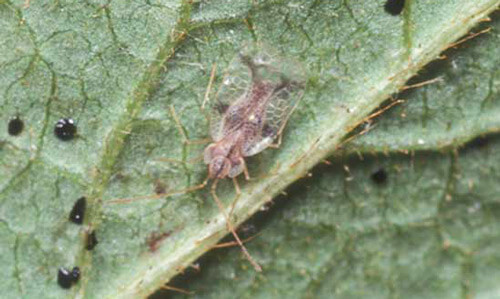
May 16, 2017 | Garden Care, Pest Control
Lace bugs are a problem pest in the Pacific Northwest. Our mild climate means cold weather is unlikely to kill off lace bug in any of its life stages. We wrote about lace bugs last summer. At the time we said you could reduce the problem by taking action in the...

May 8, 2017 | Disease Control, Eco-friendly Gardening, Garden Care, Video
We are currently spraying compost tea on our clients’ trees and shrubs. People tell us they have seen great benefits from compost tea, including healthier plants with more growth and greater vigor, less disease and more flowers. We have been using and brewing...

Apr 24, 2017 | Garden Care, Recommended Plants
We all enjoy the beauty and fragrance of flowers in our yard. If you also take pleasure in having flowers in your home, you may want to plant a cutting garden. Flowering plants give your garden an extra advantage: they attract beneficial insects. Beneficial insects,...
















